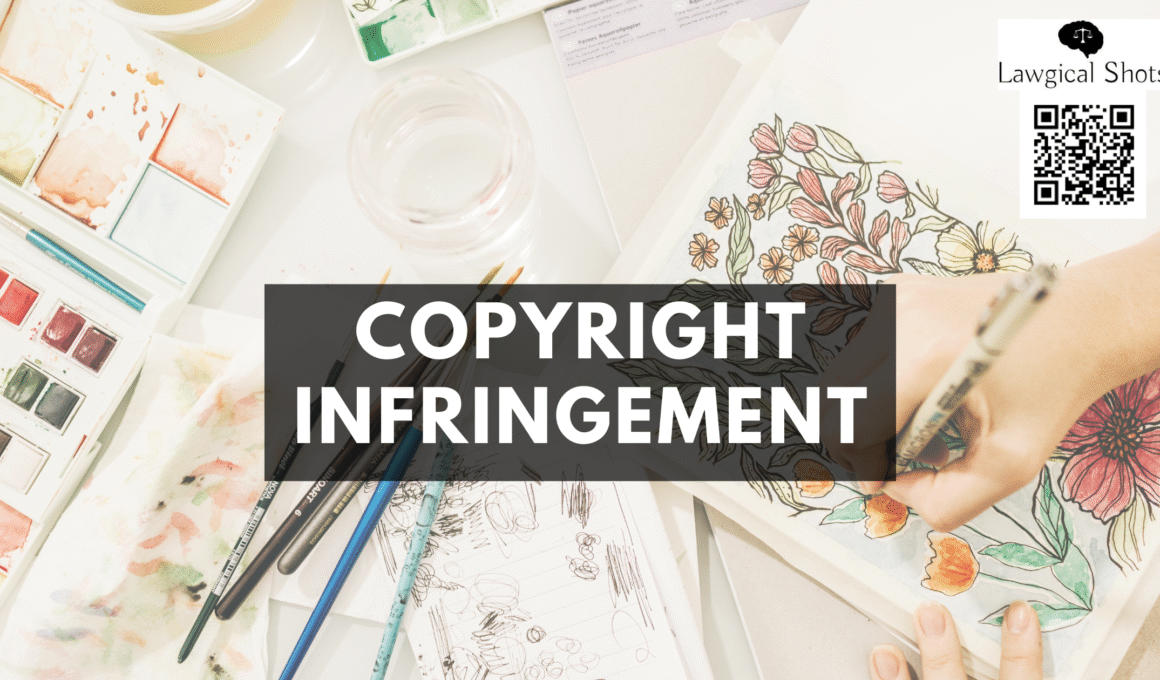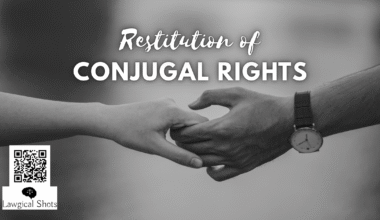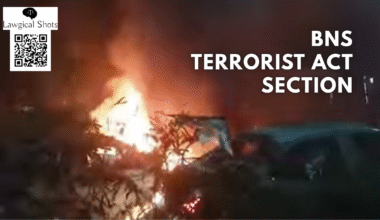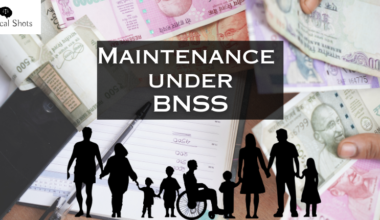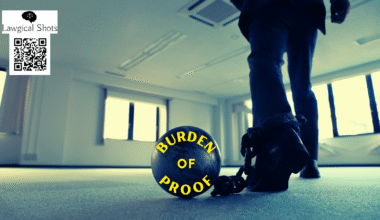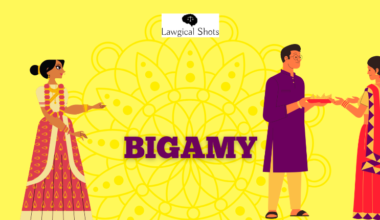When does the law recognize if someone takes advantage of your creative work and makes profits? To start with, work that can be protected under Copyright Act includes literary, artistic, dramatic, musical, sound recording, and cinematographic. When someone invades the protection to exploit the exclusive rights of the owner, that is copyright infringement. Now, for those who create, and those who indulge in someone else’s original work, should know when is copyright infringed, and when not. Because that’s how they can activate their remedies against the wrongdoer. Explore what is copyright infringement and when it occurs.
What is Copyright Infringement?
The Copyright Act, 1957 does not expressly define the meaning of copyright infringement. It does explain what constitutes copyright infringement, or say when a copyright is infringed. A copyright is the exclusive right over literary, artistic, cinematographic and like works. A copyright is infringed when someone else’s copyright is used by another in contravention of the exclusive rights of the copyright owner as per the Copyright Act, 1957. How the exploitation works decides when copyright infringement takes place. The provision which explains the details has been discussed below.
When is Copyright Infringed?
Chapter XI (Chapter 11) of the 1957 Act lays about Infringement of Copyright. The various facets of when copyright infringed and when not have been stated. Section 51 of the Act particularly lays about when copyright infringement takes place, and the same has been decoded below:
Section 51 of Copyright Act
“When copyright infringed.— Copyright in a work shall be deemed to be infringed—
(a) when any person, without a licence granted by the owner of the copyright or the Registrar of Copyrights under this Act or in contravention of the conditions of a licence so granted or of any condition imposed by a competent authority under this Act—”
Comment: Section 51 talks about copyright infringement scenarios and there are three parts. Section 51 (a) states when copyright is infringed. The infringer is a person who lacks a license granted by a copyright owner or Registrar of Copyrights. It can also be a person in contravention of a license granted. In addition, it can be any person who may have acted in contravention of a condition imposed by the competent authority. The instances of when copyright infringed are discussed in sub-clauses below.
“(i) does anything, the exclusive right to do which is by this Act conferred upon the owner of the copyright, or “
Comment: Copyright infringement takes place when a person does something that is an exclusive right of its owner. For example, X takes a painting made by Y and sells it to Z without Y’s consent or permission. This is an infringement of Y’s right over the painting.
“(ii) permits for profit any place to be used for the communication of the work to the public where such communication constitutes an infringement of the copyright in the work, unless he was not aware and had no reasonable ground for believing that such communication to the public would be an infringement of copyright; or“
Comment: This sub-clause was substituted to the 1957 Act through an amendment in 1994 which came into effect on 10-5-1995. If a person allows a place to be used for communicating copyrighted work to the public while infringing the rights of the owner. This is done for gaining some profits through communicating work of the copyright owner. There are exceptions in case of lack of knowledge or ignorance of such an act infringing the copyright owner’s exclusive rights.
“(b) when any person—
(i) makes for sale or hire, or sells or lets for hire, or by way of trade displays or offers for sale or hire, or “
Comment: As per Section 51 (b)(i), Copyright infringement takes place when someone offers to sell or hire, or sells or hires any copies of copyrighted work that infringe the exclusive rights of the copyright owner. Such trade display or offer results in copyright infringed.
“(ii) distributes either for the purpose of trade or to such an extent as to affect prejudicially the owner of the copyright, or“
Comment: Distribution of copyrighted work for trade purposes or any way negatively impacting the exclusive rights of the owner constitutes copyright infringement.
“(iii) by way of trade exhibits in public, or”
Comment: When a person displays or exhibits a copyrighted work or copies of it in public through trade practices, this is also copyright infringement.
“(iv) imports into India,“
Comment: When someone imports infringing copies of copyrighted work to India, this also leads the copyright infringed. It may be noted that there was an exception included in sub-clause (iv) for imports made for private and domestic use of the importer. The same was omitted through a 1984 amendment which came effect on 8-10-1985. However, explanation to the sub-clause made some changes as explained below.
“any infringing copies of the work:
Provided that nothing in sub-clause (iv) shall apply to the import of one copy of any work for the private and domestic use of the importer.“
Comment: Here, an exception has been extended to import of one copy of copyrighted work for private and domestic use of the importer. This was not there in the original 1957 Act, and was even omitted in 1984. However, the same was introduced with a limitation of 1 copy per importer for private use, through the 1994 amendment. The same came into effect on 10-5-1995.
“Explanation.— For the purposes of this section, the reproduction of a literary, dramatic, musical or artistic work in the form of a cinematograph film shall be deemed to be an “infringing copy”.“
Comment: All the aforementioned clauses for copyright infringement discuss display, sale, offer, profits, etc. made through infringing copies. Thus, the explanation heer seeks to throw light upon what constitutes “infringing copies”. Any person who reproduces any literary, dramatic, musical or artistic work in the form of cinematographic film constitutes infringement of copyright. The work so reproduced is an infringing copy.
Explore – How to copyright a book?
When Copyright is not Infringed?
We have seen what constitutes copyright infringement under Section 51. The Copyright Act Section 52 states the scenarios when copyright is not infringed. Private or personal use of copyrighted work does not constitute infringement because the main purpose of copyright is to protect the exclusive rights of the owner. Review, reporting and criticism is also considered valid and not infringement of copyright of the original owner. Reproduction for the purpose of judicial proceedings is also not what constitutes copyright infringement. Section 52 may be referred to for further aspects of when copyright is not infringed.
